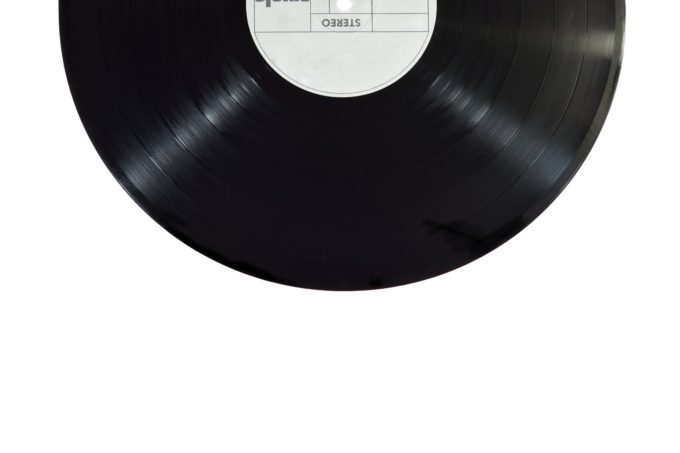
Flo & Eddie v. Sirius: Florida Supreme Court Rejects Exclusive Performance Right in Pre-1972 Sound Recordings
By Niklas Andree – Edited by Oladeji M. Tiamiyu
Flo & Eddie, Inc. v. Sirius XM Radio, Inc., No. SC16-1161 (Fla. October 26, 2017), hosted by eff.org
The Supreme Court of Florida, in answering questions certified by the United States Court of Appeal for the Eleventh Circuit, ruled on a copyright issue concerning pre-1972 sound recordings, which are not covered under Federal Copyright law. In agreement with the United States District Court for the Southern District of Florida, the state’s Supreme Court unanimously held that Florida common law does not recognize an exclusive right of public performance in pre-1972 sound recordings, and returned the case to the Court of Appeal.
This case – similar to others in New York and California – is about whether members of the rock band The Turtles have a legal right to collect royalties whenever their songs from the 1960s, including “Happy Together,” are played on the radio. Plaintiff Flo & Eddie, Inc. (“Flo & Eddie”), a California corporation formed by and bearing the names of the two founding members of the Turtles, owns the master sound recordings of certain musical performances by the band. Defendant Sirius XM Radio, Inc. (“Sirius”) provides nationwide satellite and internet radio services, and broadcasts Turtles songs without having a license agreement with or paying royalties to Flo & Eddie. In the law suit, Flo & Eddie claimed that Sirius violated Florida common law by infringing on its exclusive right of public performance.
Citing a New York Court of Appeals decision from December 2016, Judge Canady wrote that the state’s common law does not recognize an exclusive right of public performance for sound recordings and that recognizing such a right today would be an “inherently legislative task” with “immediate impact on consumers beyond Florida’s borders.” Sound recordings were not protected by federal copyright law until 1971, despite extensive industry lobbying. The exclusive right initially granted was limited to reproduction, distribution and sound recordings fixed on or after February 15, 1972, the effective date of the amending act; sound recordings prior to 1972 remained subject to protection pursuant to state law.
Flo & Eddie asserted that an exclusive performance right in sound recordings existed before 1972 under Florida common law. Congress could have curtailed that right following 1972 when preempting federal copyright in sound recordings for reproduction and distribution while excluding performance. However, the court rejected this conclusion based on the immense lobbying efforts that were necessary before the introduction of rights in sound recordings in 1971. Assuming these lobbying efforts led to a right far weaker than what had existed under state common law before, would, according to the court, require ignoring the issue’s history. Moreover, the court found that there is no case law recognizing a common law performance right in sound recordings and that legislative history does not favor this recognition. Rather, the state legislature occasionally acted to prevent the development of such a right, citing to case law emanating from other states.
The EFF, an amicus curiae in favor of Sirius in this and similar cases, described the decision as “good news for digital music companies and radio listeners.” However, the broader issue of exclusive performance rights for pre-1972 sound recordings remains unresolved. Writing for Complete Music Update, Chris Cooke points out that the Supreme Court of California has yet to decide on the issue and that the music industry continuously lobbies to expand control over copyrighted materials, regardless of when they were created.
Niklas Andree is an LL.M. student at Harvard Law School.